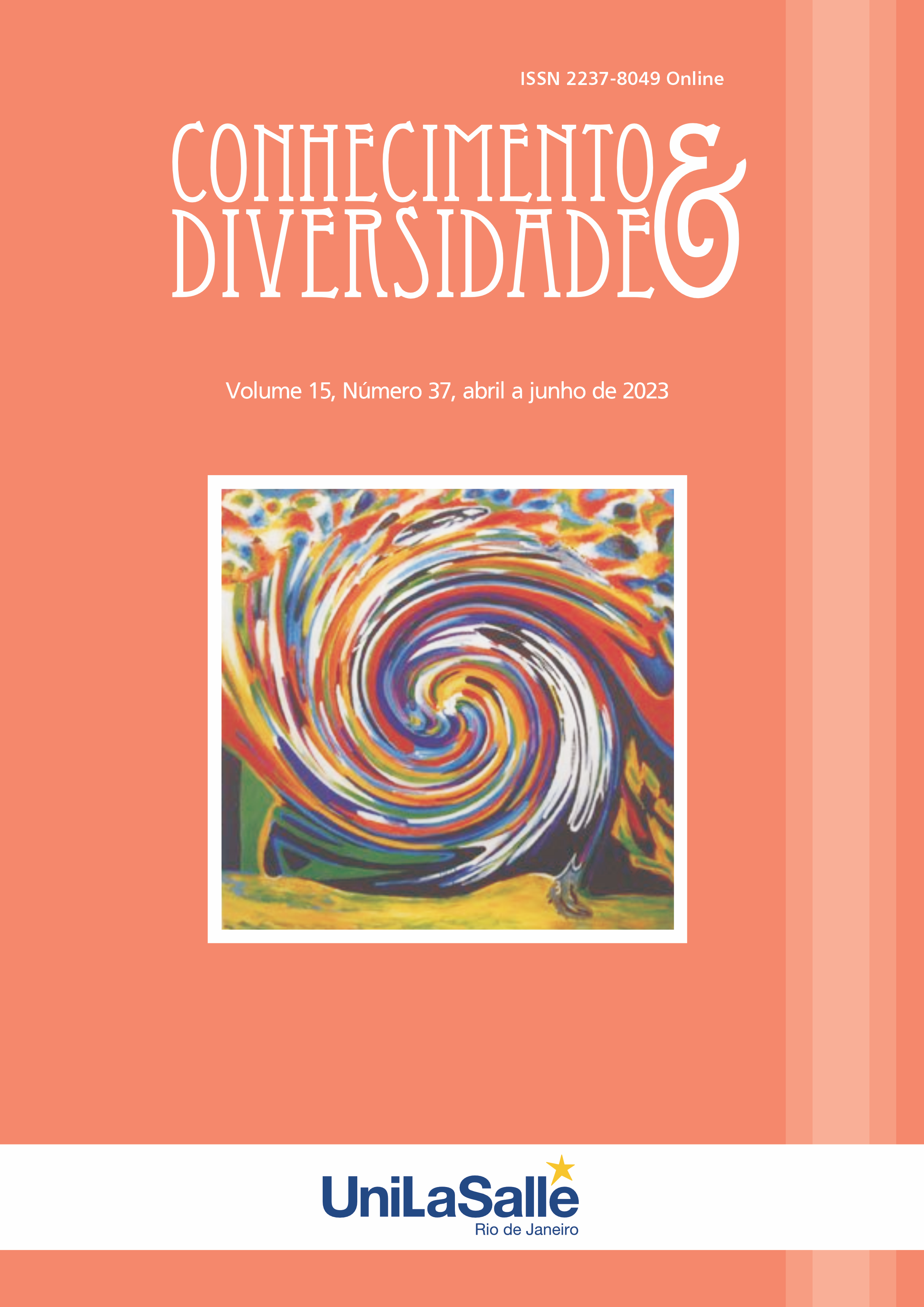REVISITING SAUDI UNIVERSITY EFL LEARNERS’ ENGAGEMENT TO TEACHERS WRITTEN CORRECTIVE FEEDBACK FROM A SOCIO-COGNITIVE PERSPECTIVE
DOI:
https://doi.org/10.18316/rcd.v15i37.10915Keywords:
Corrective feedback, EFL instructors, Learners’ Engagement, Behavioral Feedback, Cognitive Feedback.Abstract
The empirical studies addressing learners’ engagement to teachers’ corrective feedback on their writing tasks in the Saudi EFL context as well as its impact on the students’ improvement of writing skill are still a few. Therefore, the proposed research project aims to empirically address the Saudi EFL learners’ responses to teachers’ written corrective feedback on their writing tasks. Addressing the EFL learners’ engagement in the teachers’ written feedback is a key issue in improving learners’ writing skills. As a result, the proposed project attempts to measure Saudi learners’ engagement with their learners’ feedback from a multi-dimension perspective; learners’ uptake, affective engagement, cognitive engagement, and meta-cognitive engagement, and behavioral engagement. Investigating the learners’ responses to their teacher’s feedback, the proposed project uses a socio-cognitive method that contributes to realizing the differences in EFL responses toward their teacher’s corrective feedback. The proposed study relies on different sources of data that include students’ writing assignments, semi-structured questionnaires. The sample of the study consists of 90 elementary level students belonging to the applied college at PSAU, 30 pre-intermediate students belonging to Business administration College, and 30 intermediate level students belonging to the college of humanities and sciences. The collected data reflect to what extent learners are engaged with the corrective feedback of their teachers, which can be partly accounted for their ideas and experiences about the written corrective feedback and second language writing and the learning context in which the feedback was received and processed. The findings of the research projects proposes that the EFL instructors should have a deeper understanding of the students’ cognitive and behavioral, engagement, feedback processing. This deeper understanding of students’ responses to written correct feedback would largely contribute to improving learners’ writing skills.
Downloads
Published
Issue
Section
License
Copyright (c) 2023 Conhecimento & Diversidade

This work is licensed under a Creative Commons Attribution 4.0 International License.
As recommended by the Public Knowledge Project, RCD adopts for its articles a CREATIVE COMMONS Attribution CC BY 4.0 license.
This license allows others to distribute, remix, adapt and build upon your work, even commercially, as long as they credit you for the original creation.
This is the most appropriate license offered.
Recommended for maximum dissemination and use of licensed materials.



